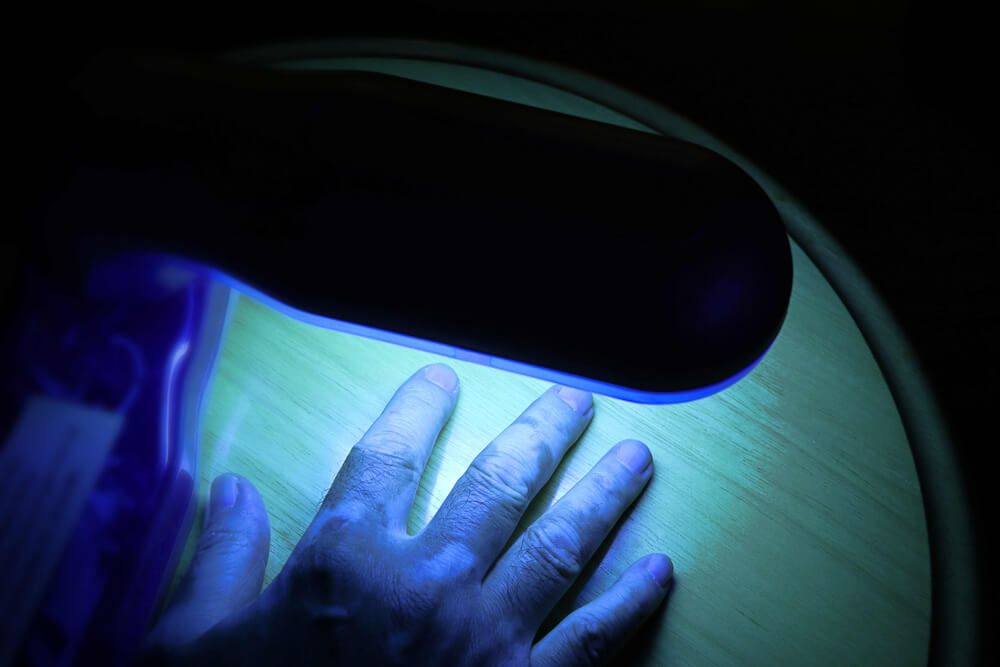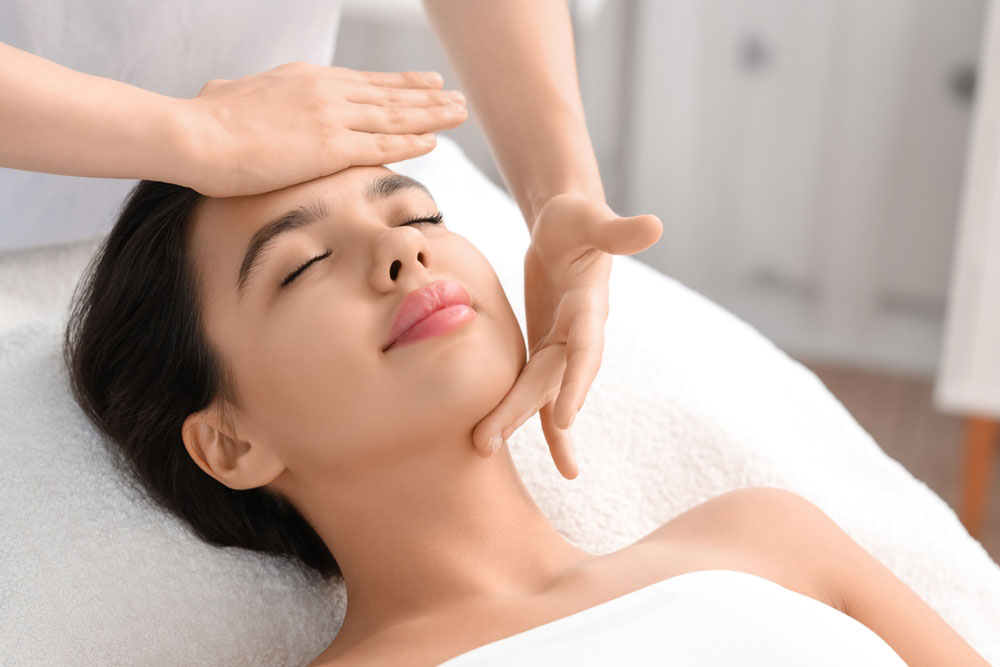It is essential to have a full-body skin exam for health maintenance. Skin cancers can be very dangerous if not found and treated early. Fortunately, most skin cancers can be effectively treated if found in time. Dr. Arora suggests that everyone have a full-body skin exam to determine their risk of skin cancer and learn proper skin care habits.
What to expect during your skin exam?
At your skin check, the first step will be your dermatologist reviewing your medical history. It’s important to remember that dermatologists are actual doctors and they need to know your medical history – so make sure to bring along your list of medications and allergies. Additionally, please bring any topical skin medications you’ve been using.
After your medical history review, you’ll change into a gown. You can take off as much clothing as you’re comfortable with; typically, we ask patients to leave their underwear on and point out any areas of concern.
Do you have any concerns?
If you have any moles or spots that are new, changing, bleeding, or hurting, don’t be afraid to bring them up when you visit the dermatologist; the first question for patients is often “Do you have any concerns?” Patients are often very knowledgeable about their skin and can detect irregularities easily. If you have other skin problems, such as acne or rashes, it can be hard to address everything in one visit. A complete skin check will take up most of the time, leaving little time to focus on other skin issues. If you have a skin problem that needs further attention, don’t hesitate to schedule a separate appointment to focus solely on the issue.
Dr. Arora will inspect your skin from the top of your head to the soles of your feet, writing down any areas that require further attention or treatment. You may see him use a dermatoscope, which is a magnifying device with a light, to closely examine moles and blemishes. This instrument helps dermatologists decide if a mole or blemish is normal or abnormal.
Dr. Arora will point out any unusual spots and explain what they are. Feel free to ask questions about particular spots. He will also go over what to look for in your moles and may take pictures of moles that need to be monitored.
If you have noticed any suspicious spots on your genital or perianal skin, be sure to bring it up with our team. We recommend checking these areas during your full-body exam however we will only examine them upon the patient’s request. We strongly recommend you do not let a few moments of embarrassment stop you from getting an early diagnosis of skin cancer, as it is most treatable at the earliest stages.
Biopsy
If Dr. Arora notices something concerning on your skin, he will likely do a biopsy that same day. This involves numbing the area with a shot of anesthesia, followed by shaving or scraping off some of the skin. The skin sample will then be sent to a dermatopathologist for testing. You should receive the results over the phone within 10-14 days. If the spot is abnormal, you may need to have it removed at our office.
During your skin check, our team will discuss your risk of developing skin cancer and how to practice healthy skin habits, such as avoiding long-term exposure to the sun and protecting yourself from direct and harsh sunlight. Regular skin exams should be part of everyone’s wellness routine. Our team will also tell you when you should have your next skin exam depending on your individual history and the results of this skin check.
Dr. Navin Arora is a native New Yorker and founder of Borealis Dermatology. He has over 15 years of experience providing comprehensive dermatological services and compassionate, personalized care to patients. Our board-certified dermatology staff undergoes years of training in skin cancer screenings. Our goal is to ensure you are getting proper treatment and symptom relief. Remember, a skin cancer screening could save your life.







